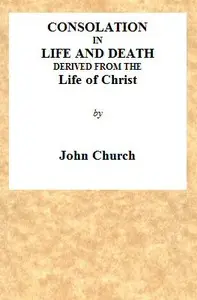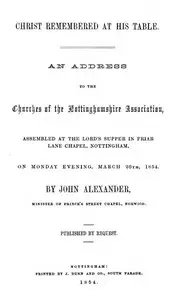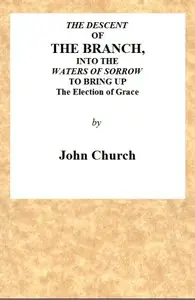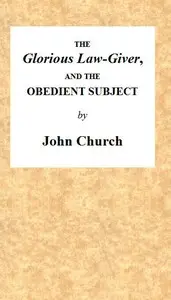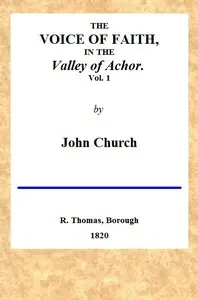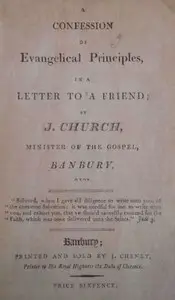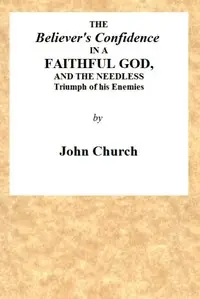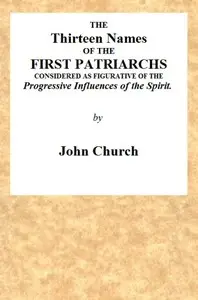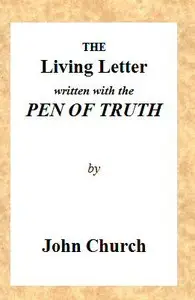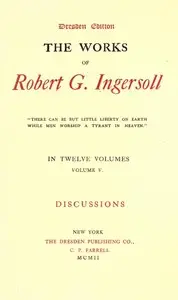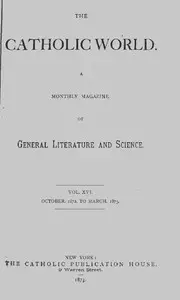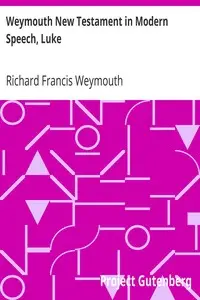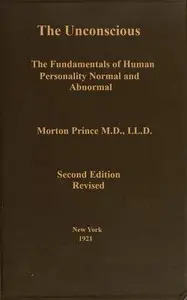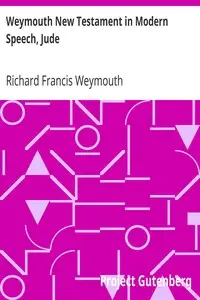"The Sacrifice of Life Slain by the Twenty-nine Instruments of Death" by J. Church is a sermon that examines the meaning of sacrifice in Christianity. Using powerful descriptions and Bible verses, Church discusses Christ's crucifixion and what sin means, which is shown by the "twenty-nine instruments". The sermon connects Old Testament sacrifices to Jesus's sacrifice, explaining how Christ’s death was foreshadowed throughout the Bible. He uses the image of knives to represent the different types of sins that resulted in Jesus’s death. Church wants people to understand how serious sin is and the need for redemption through Jesus.

The Sacrifice of Life Slain by the Twenty-nine Instruments of Death Being the Substance of a Sermon Preached on Sunday Morning, Nov. 28, 1813 at the Obelisk Chapel
By J. (John) Church
Explore a somber theological sermon where sin is metaphorically dissected through sacrificial instruments, revealing the path to redemption.
Genres
Released
2019-01-02
Formats
epub3 (images)
mobi (images)
mobi
epub
epub (images)
txt
Free Download
Summary
About the Author
John Church was an Independent minister who was most famous for his involvement in the homosexual scandal of the Vere Street Coterie. He is claimed by some as the first openly ‘gay’ ordained Christian minister in England. Contemporary rumours about this are unproveable one way or the other, though circumstantial evidence may suggest that his "inordinate affections which led me into error" could be referring to homosexuality.
John Church was an Independent minister who was most famous for his involvement in the homosexual scandal of the Vere Street Coterie. He is claimed by some as the first openly ‘gay’ ordained Christian minister in England. Contemporary rumours about this are unproveable one way or the other, though circumstantial evidence may suggest that his "inordinate affections which led me into error" could be referring to homosexuality.
Total Reviews
10.0k
Total reviews from Goodreads may change

